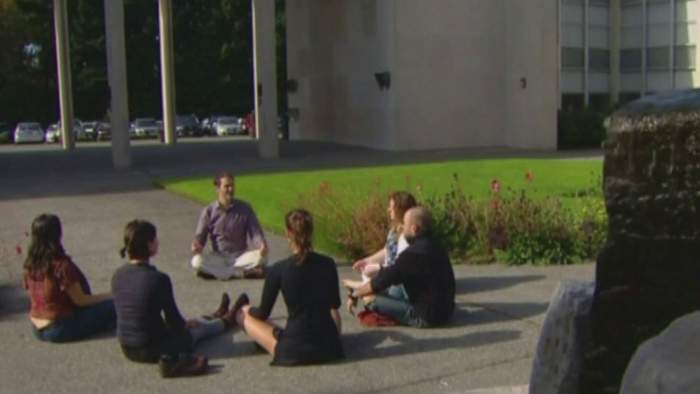Biohacking: The Latest Health Trend Taking Australia by Storm - Is It Safe?

From intermittent fasting to the latest superfoods, Australians are always on the lookout for the next big thing in health and wellness. Now, a new trend is gaining traction: biohacking. But what exactly *is* biohacking, and is it a safe and effective way to optimise your health? Leading health experts in Australia weigh in on this growing movement, exploring its potential benefits, risks, and ethical considerations.
What is Biohacking? A Deep Dive
At its core, biohacking is all about taking control of your own biology. It’s a broad term encompassing a range of practices, from simple lifestyle changes like sleep optimisation and nutrition tweaks to more advanced interventions like genetic testing and even DIY medical procedures. The common thread is a desire to understand and improve your body's performance and longevity.
Think of it as a personal science experiment. Biohackers are essentially treating themselves as data points, meticulously tracking metrics like sleep quality, heart rate variability, and blood glucose levels to identify areas for improvement. They then implement changes – dietary adjustments, exercise routines, supplements, or even technological devices – and monitor the results.
Types of Biohacking: From Simple to Advanced
Biohacking isn’t a one-size-fits-all approach. Here’s a breakdown of some common categories:
- Nutrigenomics: Tailoring your diet based on your genetic makeup.
- Lifestyle Biohacking: Focusing on foundational health habits such as sleep, nutrition, exercise, and stress management. This is the most accessible and widely practiced form.
- Grinder Biohacking: Involves more invasive procedures, like implanting devices (e.g., RFID chips for unlocking doors) or experimenting with nootropics (cognitive enhancers). This area is controversial and carries significant risks.
- DIY Biology: A more advanced and often unregulated area involving genetic engineering and experimentation.
The Potential Benefits – And the Risks
Proponents of biohacking claim a range of benefits, including:
- Improved Energy Levels: Optimising sleep and nutrition can significantly boost energy.
- Enhanced Cognitive Function: Nootropics and brain training exercises are touted to improve focus and memory.
- Increased Longevity: Biohackers often focus on lifestyle factors that are linked to a longer lifespan.
- Personalised Health: Understanding your unique biology allows for targeted interventions.
However, it's crucial to acknowledge the potential risks. Unregulated supplements can be harmful, DIY medical procedures are inherently dangerous, and the long-term effects of some biohacking interventions are unknown. Consulting with a qualified healthcare professional is *essential* before embarking on any significant biohacking journey.
Expert Opinions in Australia
Australian health experts are cautiously observing the biohacking trend. While they acknowledge the potential for positive change through lifestyle optimisation, they also caution against extreme or unproven practices. “The focus on personalised health is a positive development, but it’s vital to ground these efforts in evidence-based practices and to prioritise safety,” says Dr. Emily Carter, a leading nutritionist in Sydney. “Many biohacking techniques are still in their early stages, and more research is needed to fully understand their effects.”
Is Biohacking Right for You?
Biohacking can be a valuable tool for taking control of your health, but it’s not a magic bullet. Start with the basics – prioritize sleep, nutrition, and exercise – and consult with a healthcare professional before exploring more advanced interventions. Remember, a sustainable and evidence-based approach is key to achieving long-term health and well-being.





